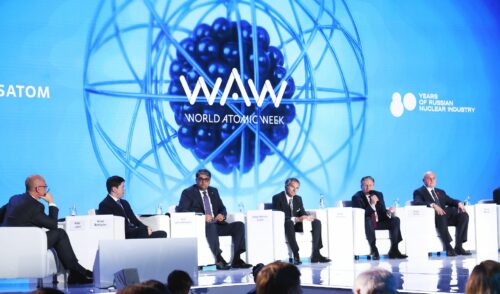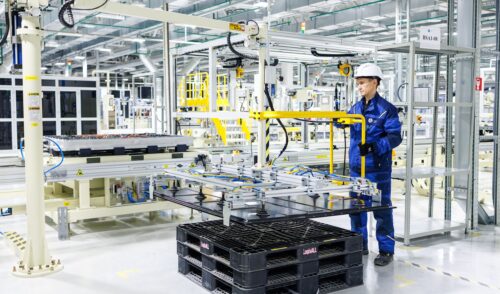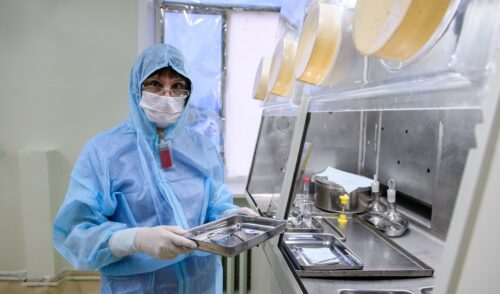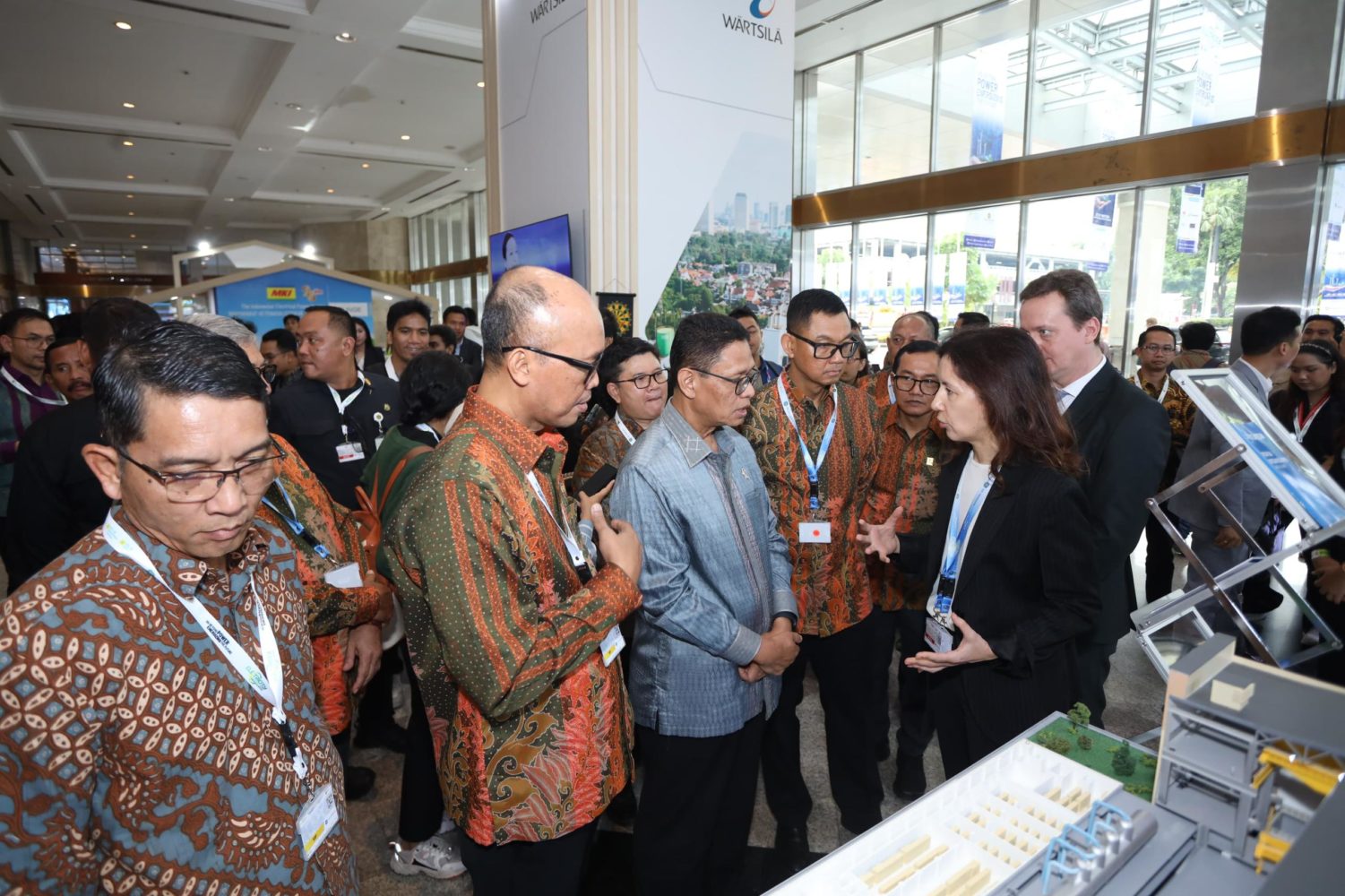
Southeast Asia in Focus
back to contentsSoutheast Asia is one of the major international business destinations for Rosatom. Rosatom presents its capabilities to Myanmar, Vietnam and Indonesia and works on joint projects. Here is our account of this year’s events.
Indonesia
Indonesia is studying technology solutions offered by the Russian nuclear corporation. This March, Rosatom experts participated in a seminar on advanced small modular reactor (SMR) technologies. The seminar was organized by the Bandung Institute of Technology and the National Research and Innovation Agency of Indonesia (BRIN). Speakers from the Indonesian government agencies presented updated plans for the nuclear power development in the country. Rosatom representatives, for their part, spoke about proven SMR technologies and other energy solutions.
In September, Rosatom took part in the International Conference on Advances in Nuclear Science and Engineering (ICANSE) 2024, which was held in Indonesia, and organized a seminar entitled Indonesia Goes Nuclear. The discussion was devoted, in particular, to the inclusion of nuclear power in the National Energy Plan 2060.
“Russia has remained a very good friend of Indonesia since 1954 when we entered the nuclear era at the initiative of Indonesia’s first President Sukarno. We have been waiting to fulfill the dream of building the first nuclear power plant for 70 years. We see no other option but to adopt nuclear power if we want to meet our energy needs and also achieve our net zero goals by 2060. Rosatom has both the technology and manufacturing capabilities to deliver the project of the first nuclear power plant in Indonesia,” said Tri Mumpuni, member of the BRIN Board of Governors and head of the IBEKA Foundation.
This November, Anna Belokoneva, head of Rosatom’s office in Indonesia, spoke at the plenary session of the annual International Conference on Nuclear Science, Technology and Applications (ICONSTA) 2024, having presented Rosatom’s nuclear power solutions and explained the positive effects that nuclear power plants would produce on the country’s social, economic and technological development.
Later in November, Anna Belokoneva presented Russian energy solutions to the members of the government of the Indonesian province of Southeast Sulawesi and the National Energy Council of Indonesia. The participants of the meeting agreed to continue the discussion on the prospects of building a nuclear station in the province. It needs a reliable source of electricity to develop local mining projects, particularly nickel ore deposits.
Rosatom experts also took part in Electricity Connect 2024, one of the largest electric power exhibitions in Southeast Asia. The Russian nuclear corporation was honored with an award in the Best Nuclear Technology Vendor category.
Myanmar
Rosatom is working on a number of projects in Myanmar. The largest of them is the construction of a small-scale nuclear power plant. The legal basis for the project was laid by the intergovernmental agreement on cooperation in the peaceful uses of nuclear energy signed between Russia and Myanmar in February 2023.
This September, Rosatom Director General Alexey Likhachev met with Nyan Tun, Union Minister of Electric Power of the Union of Myanmar, on the sidelines of the Russian Energy Week. The parties praised the progress being made in the SMR project.
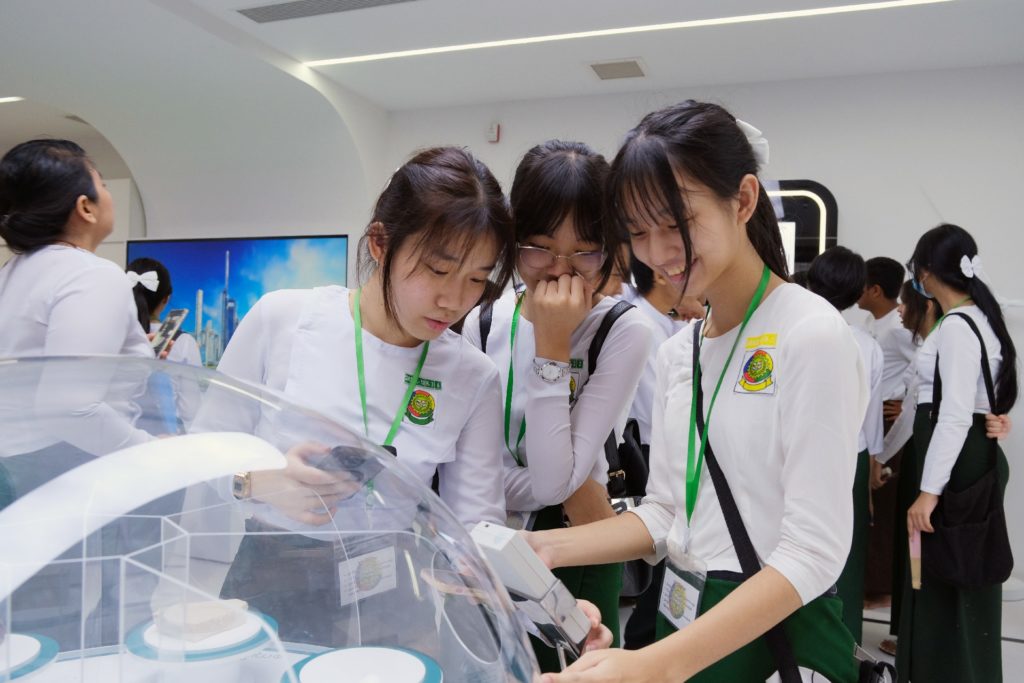
Rosatom and Myanmar are also working on joint wind power projects.
In June 2023, at the Saint Petersburg International Economic Forum, Rosatom Renewable Energy (former Novawind), Myanmar’s Ministry of Electric Power and Myanmar-based Zeya & Associates signed memorandums of understanding on the project to build a 200 MW wind farm.
In August 2024, Myanmar’s capital Yangon hosted a science festival, the second in the country. To learn more about nuclear technology, Myanmar students and school children spent three days playing games, competing, and listening to lectures by leading scientists from Russia’s National Nuclear Research University and a discussion on nuclear technology with Myanmar experts.
Rosatom and Myanmar also cooperate in personnel training: local students can get a bachelor’s degree in Myanmar and enter a master’s program in Russia. The parties agreed to organize intensive training courses: Russian teachers will come to Myanmar once every six months to give lectures and take exams in nuclear-related disciplines.
Vietnam
Rosatom is planning to build a nuclear research and technology center (NRTC) in Vietnam. In 2024, these plans were discussed twice at a high level. In June, Alexey Likhachev arrived in Vietnam as part of Russian President Vladimir Putin’s state visit and met with Vietnamese Prime Minister Pham Minh Chinh in the run-up to the Russian-Vietnamese summit. The Director General of Rosatom told the Vietnamese Prime Minister about the progress of the project and prospects for resuming cooperation in the nuclear power sector. The same day, Alexey Likhachev had a meeting with Vietnamese Minister of Science and Technology Huynh Thanh Dat to discuss the NRTC, cooperation in research and technology, and personnel training for Vietnam’s nuclear sector. The next day, the parties signed an inter-agency memorandum setting a timeline for the NRTC project in Vietnam until 2027.
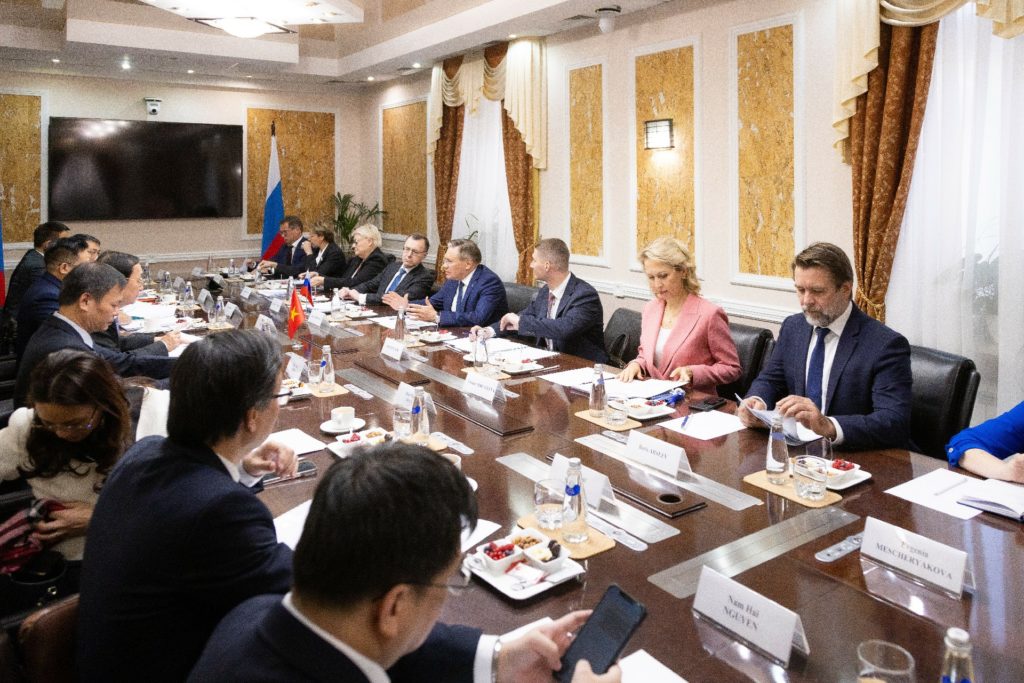
The second meeting with Huynh Thanh Dat took place in Russia in September. The parties discussed progress in the construction of the NRTC, nuclear fuel supplies for the Dalat Nuclear Research Institute, training of Vietnamese human resources in nuclear and related professions, and opportunities for expanding cooperation.


